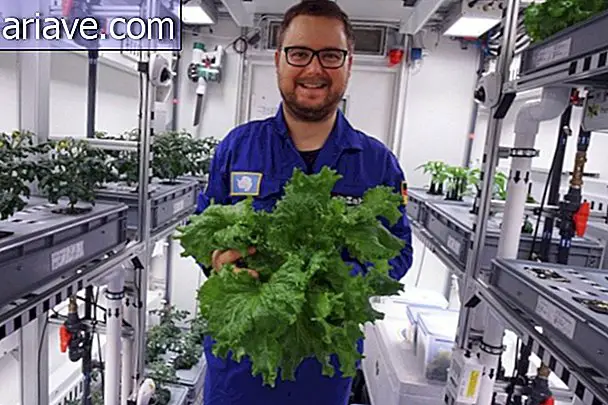Spooky! According to new research, our poop is full of plastic
The excess production of plastic in the world has been responsible for the pollution of the oceans, the death of animals and even we have found traces of plastic in the salt that is consumed daily by the population of the planet.
Just as plastic does not degenerate into the environment, it is nonetheless plastic when it enters the human body, even with all the strong acid our stomach produces.
A recent study found something frightening: our stools are full of microplastics, which means that all this plastic material produced, often in excess and without proper reuse, is coming back to us in a much more intense way than we thought could happen. one day.
Discovery

Researchers at the Vienna University of Medicine asked eight people from different parts of the world to have the same diet and eat exactly the same things for a week. These individuals then provided stool samples for 10 tests to be performed for traces of plastic.
The results were positive in nine of the exams, and in terms of proportion 20 plastic particles were found for every 10 grams of fecal material, with plastics measuring between 50 and 500 micrometers. The material was even found in the feces of participants who did not eat fish, which is the main food related to the presence of plastic during the experiment.
The most commonly found material was polypropylene, used in plastic molds and diapers, as well as polyethylene terephthalate, present in soft drink plastic bottles.
Alarm

The discovery was presented at a gastroenterology conference by study author Dr. Philipp Schwabl, who explained that this is the first research of its kind and that it “confirms what we have long suspected, that plastics have been reaching the human gut lately. " He further explained that the researchers' biggest concern is that we are not sure what the implications of this are for the health of people and especially patients who already have gastric and intestinal disease.
He also explained that tiny plastic particles can get into our bloodstream, damaging the lymphatic system and even reaching the liver. "Now that we have the first evidence of microplastics inside humans, we need to research to understand what this means for human health, " he said.
Until further studies appear, we can and should contribute by reducing the use of plastics and also recycling this type of material.
***
Do you know the Mega Curioso newsletter? Weekly, we produce exclusive content for lovers of the biggest curiosities and bizarres of this big world! Register your email and do not miss this way to keep in touch!











